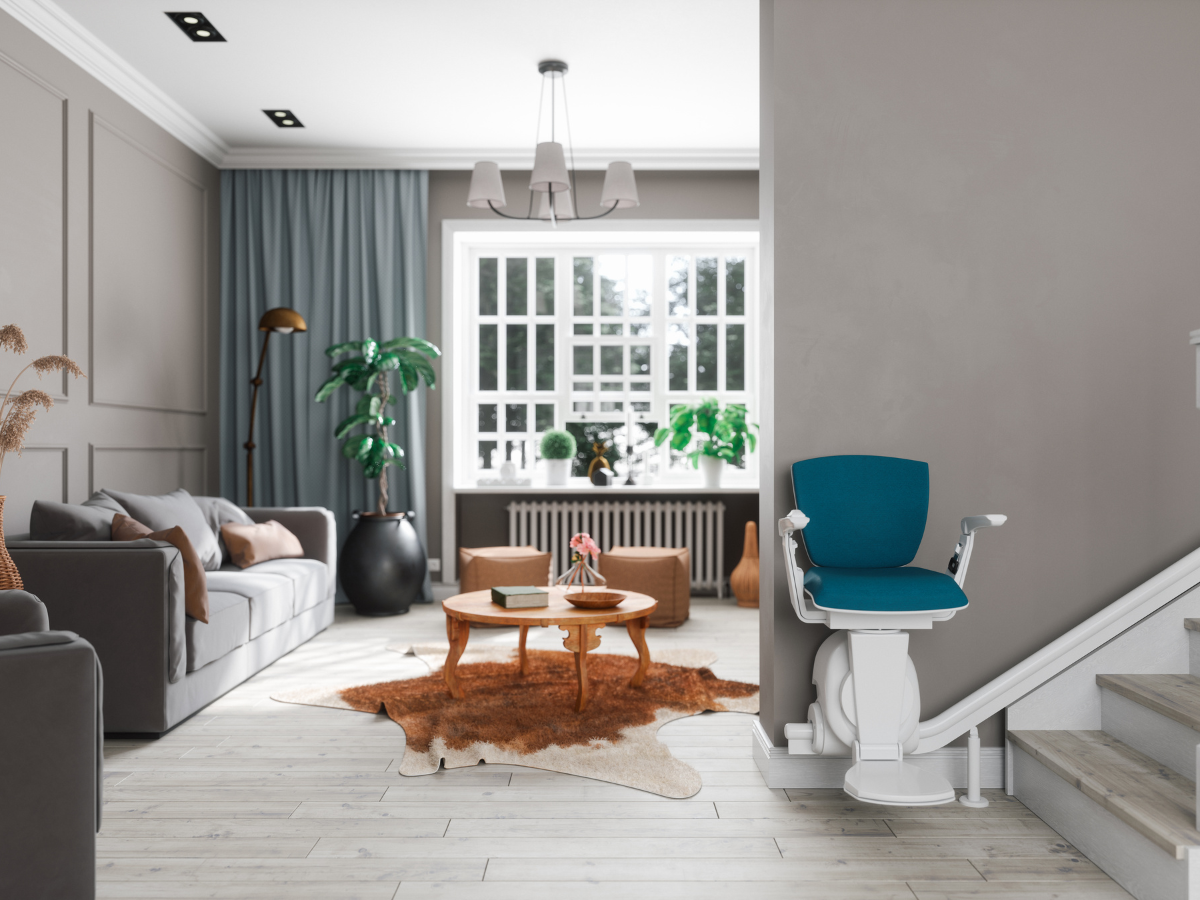How important is it for older adults to get restful sleeps at night? Perhaps, it’s a rhetorical question as the answer is obvious. We all need to get good sleep. However, for seniors, it can be much harder to get the sleep necessary. Aches, pains and other ailments can prevent adequate rest. Unfortunately, the results of not getting enough sleep are detrimental to the lives of older adults.
“A good night’s sleep helps improve concentration and memory formation, allows your body to repair any cell damage that occurred during the day, and refreshes your immune system, which in turn helps to prevent disease,” reports HelpGuide.org, “Older adults who don’t sleep well are more likely to suffer from depression, attention and memory problems, excessive daytime sleepiness, and experience more nighttime falls.”
What can older adults do to get better sleep?
See a doctor about possible leg disorders.
Do you feel a tingling, crawling or ‘pins and needles’ feeling in one of both of your legs at night? If so, you may be suffering from restless leg syndrome (RLS). Do you find that your legs either kick or jerk during your sleep at night? If so, you may be suffering from periodic leg movement disorder (PLMD). It’s important to see a doctor about treatments for either of these conditions.
The National Institute on Aging explains that in addition to RLS and PLMD, REM is sleep behaviour disorder that can make it harder to get a good night’s sleep. “During normal REM sleep, your muscles cannot move, so your body stays still,” details their website, “But, if you have REM sleep behaviour disorder, your muscles can move and your sleep is disrupted.”
Create an appropriate environment for sleep.
For many people, whether they are older adults or not, a room that is free of distractions is necessary for good sleep. That means that the room must be dark, quiet, warm and comfortable. Achieving this involves keeping the lights off and the shades closed. It also requires the removal of gadgets from the room as well as the inclusion of soft blankets and pillows.
HelpGuide.org highlights the fact that poor sleep habits are often the result of an improper sleep environment. “These include irregular sleep hours, consumption of alcohol before bedtime, and falling asleep with the TV on,” charges the site, “Make sure your room is comfortable, dark and quiet, and your bedtime rituals conducive to sleep.”
Seek attention for Alzheimer’s disease.
As you’re likely aware, Alzheimer’s disease is the most common type of dementia. It is a progressive disease that begins with mild memory loss. It is also known to lead to a loss of the ability to carry on a conversation. According to the National Institute on Aging, Alzheimer’s disease often changes a person’s sleeping habits.
“Some people with Alzheimer’s disease sleep too much; others don’t sleep enough,” says their website, “Some people wake up many times during the night; others wander or yell at night. The person with Alzheimer’s disease isn’t the only one who loses sleep. Caregivers may have sleepless nights, leaving them tired for the challenges they face.”
Create an accessible bedroom.
At Advantage Home Health Solutions, we offer a variety of ways to create an accessible bedroom. They include support pillows, support beds, adjustable beds and safety rails. Contact us for effective advice about how wheelchair accessible bedroom design can help you enjoy your bedroom time more. Please don’t hesitate to give us a call at 403-460-5438. You may also email us by filling out the form on our Contact page!



